Today, we’re going to dive into the world of video game music. From vast, sweeping orchestral scores, to delicate ambient soundscapes, all the way to aggressive, cutting edge rock and EDM, the evolution of video game music, and the medium as a whole, has been nothing short of inspiring. We’re going to cover a broad range of topics today, acting as an introduction for our ongoing series. This is Video Game Music!
The video game industry is the most popular and fastest growing form of entertainment today, thanks to over 2.5 billion gamers across the world, with the video game market expected to be worth 90 Billion US dollars by 2020. How many of us can instantly recite the classic theme to Super Mario Bros? For my generation, video gaming was the ultimate form of entertainment: putting you in control of legendary characters and transporting you to an interactive world beyond your wildest dreams.

Click button below to subscribe to our Youtube channel!
Those early games in the late 80s and early 90s gave us some incredibly iconic themes: Mario, Zelda, Donkey Kong, Tetris. The technology at the time was incredibly limited in terms of quality, not sounding anything like a real musical instrument, and often containing just basic blips and bloops to convey musical ideas. Some may argue, that with these limits in technology, writing a truly catchy and memorable theme was more important than ever, or else the music would just become irritating after a while. Early composers demonstrated a true mastery of melody, harmony, and complex structures, creating classic melodies and themes that stick with us to this day. In fact, I’m fairly certain there is a large population of people who have NEVER played a Mario game, yet can instantly hum us the iconic theme song. That in itself speaks volumes, for my generation, these themes and characters are just as important as Star Wars and the film franchises of yesteryear.
In the early 2000’s gaming started to see a revolutionary shift towards the cinematic, a trend which has never faltered. We now had the technology available to present realistic orchestral music, complete with voice acting, smooth cut-scenes, and advanced 3d positional audio. The gaming experience became more powerful and immersive than ever, not just giving us fun, charming characters, but putting us in highly intense and emotional situations, delivering drama and action like never before.
The biggest representation of true Hollywood level production in a video game, for me, was Metal Gear Solid 2, and it remains a defining moment in shaping my life and career path. Never before had voice acting, storyline, characters, sound effects, graphics, all come together so flawlessly to create an unparalleled interactive experience. The most captivating part of this entire game for me, however, was the music. This is the first time I truly experienced the power that orchestral film music has, and it turned a 14 year old kid who loved Korn, into an orchestral music enthusiast, and I’ve never looked back!
Sample quality plays a HUGE part in the powerful impact that any music has. Take a listen to the music of modern games in the Legend of Zelda Series, like the Hyrule theme, being played by a full orchestra, and it’s enough to send nostalgic chills down the spine of gamers of all ages.
True story: When my sister got married to her husband, she walked down the aisle to the theme from Kakariko Village (Legend of Zelda: The Ocarina of Time), except this version was a full orchestral cover. It proves one thing: “video game music” is nothing less than timeless, beautiful music that people of all ages and all walks of life can enjoy (we all had tears in our eyes!).
Today, video games as a medium are truly an unstoppable force to be reckoned with, and there are more opportunities than EVER for aspiring composers, sound designers, and producers alike. Independent game publishing is at an all time high, with App Stores and Steam, the online PS Store, etc, games are released, downloaded, and played at a record rate.
If you want to become a video game composer, I would love to share my experience and advice for you all. Now, I am not famous, not at all! I have, however, had success writing music for video games, and I have learned over the years what has worked and what to avoid. My first tip, which I failed to mention in the video, is to focus on being versatile: if you ONLY want to write music for games, and nothing else, it’s safe to say you have a long, hard road ahead of you, especially in today’s market. Take advantage of the plethora of opportunities, not just with video games, but music for all media: ads, animations, YouTube channels, Twitch Streams, student films, GameJams, etc. Your first few gigs will most likely be a very, very low rate, and it’s not a bad idea to offer your services for free in certain situations, though this is a topic of much debate. However, if you have zero experience, why should someone take a chance hiring you for high rates, when they can get someone much more experienced to do the job? Just something to consider, today’s market is competitive and can be cutthroat, so take chances when you can, but adversely, always know your worth.
In the video, I’ll talk about some of my favorite sample libraries and plugins for orchestral music, as well as my favorite programs for creating music. I’ll touch on various topics, and give some tips that have helped me IMMENSELY on my own personal musical journey, and I hope they can help you as well. I love music, and I know you do too, and I want to hear from you! I ask some questions in the video, such as:
What do you want to hear more of, what topics interest you most? Getting paid gigs, writing orchestral themes, writing background loops, designing sounds for horror games? Let us know! We can’t wait to hear your thoughts and suggestions!
As a fun final question, I want to hear what inspired you to have an interest in video game music! What systems did you own, what was a defining video game moment that had an impact on you?
I can’t wait to continue this series with you all, I have a lot in store for future episodes: from my writing process, determining what kind of music is best for each situation, when to go all out and when to keep it minimal, how I create moods and atmospheres, how I use samples to create realistic orchestral pieces, how I network and interact with developers and writers to really deliver the BEST music for their game, and much more!
However, while I have these ideas, it’s you, our readers and subscribers, who will have a say on what we cover, based on what YOU want to learn more about!
Share your thoughts, questions, comments, and experience in the comments!
-Brian Freeland, APD


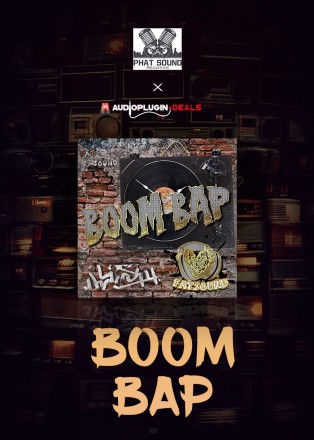
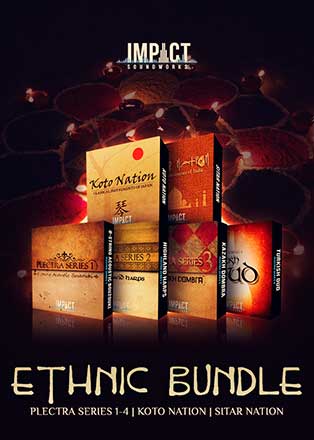
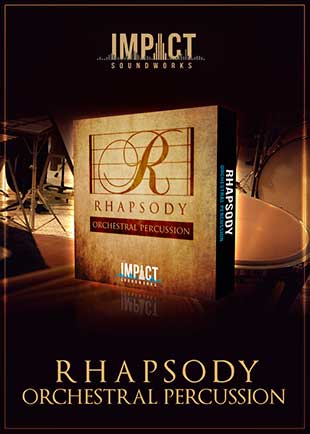
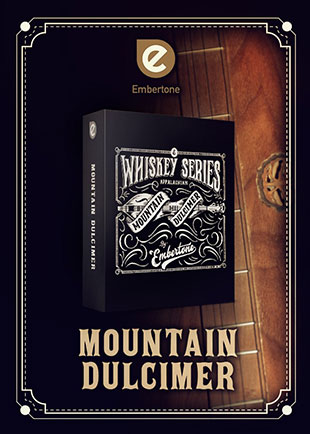
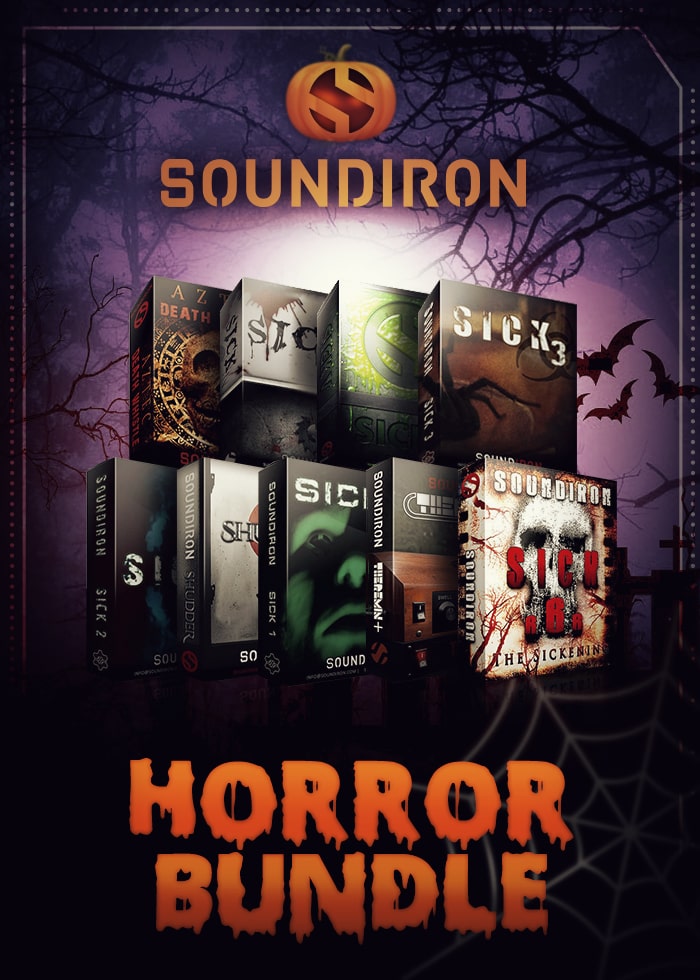
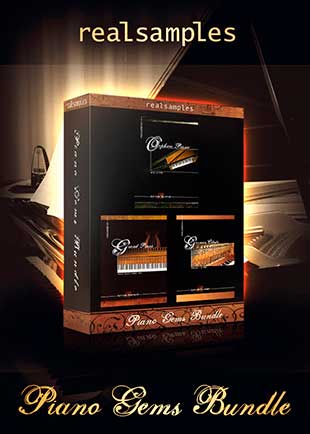
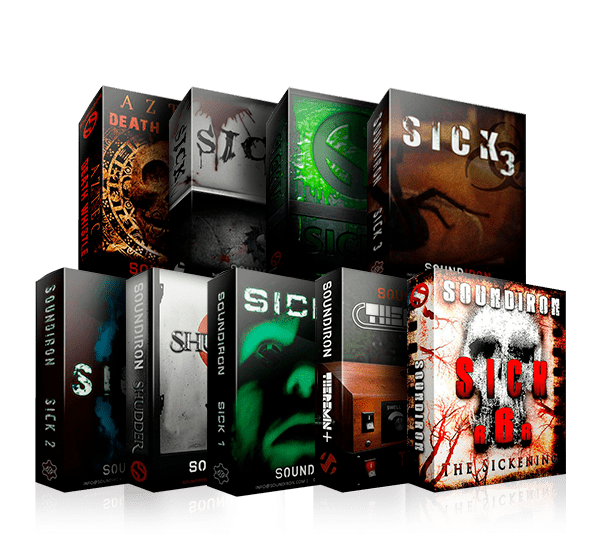
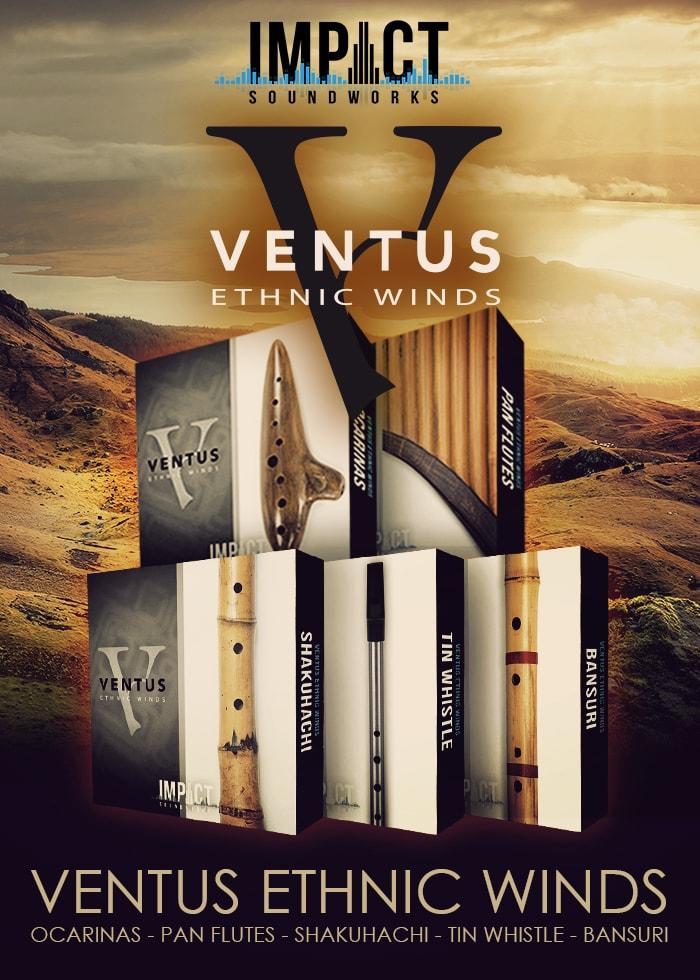


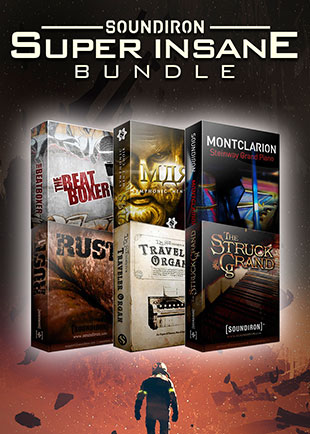
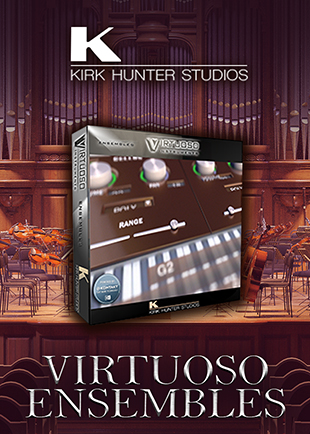



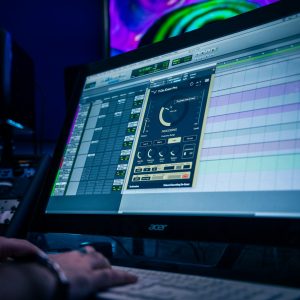
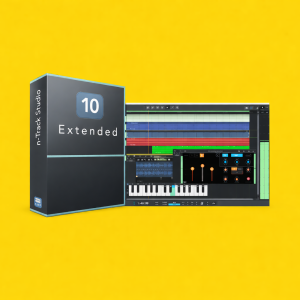

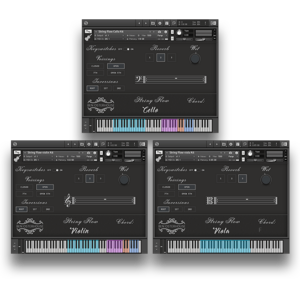
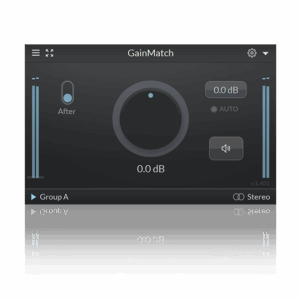

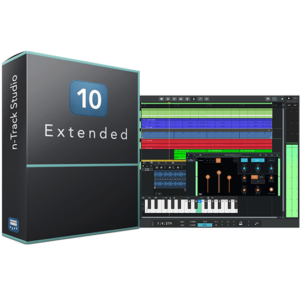
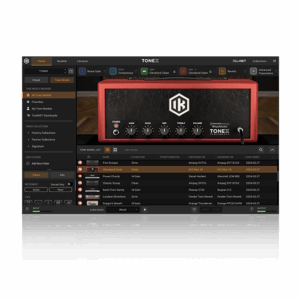
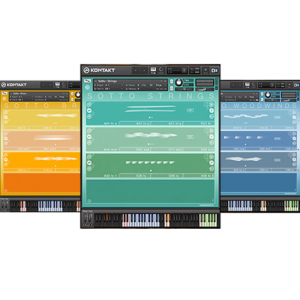
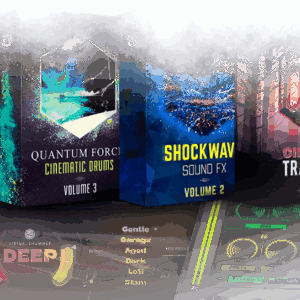
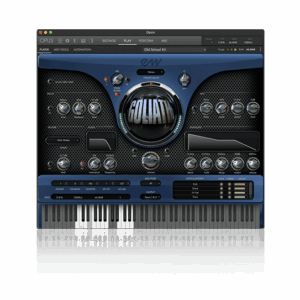
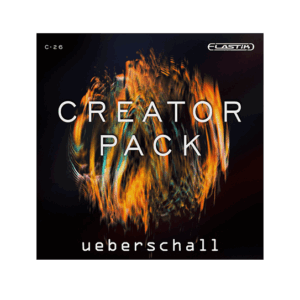
2 Responses
I would like to see something about song pacing and structure. Compositionally, writing music involving vocals and lyrics is much easier than writing an instrumental piece, because the variation can come in the form of different lyrics between verses, rather than different melodies and rhythms. When it comes to instrumental music, it almost always needs to involve the latter. How do you go about making verses that are distinctive, yet complimentary?
Great question! Stay tuned for future episodes where I will cover this 🙂
Comments are closed.